Highlights from Spring 2024 Harvest and Stabilization Workshops
GreenWave works with farmers, buyers, and other industry leaders to identify and solve challenges across the seaweed value chain and share those learnings with the regenerative ocean farming community. In addition to webinars, virtual workshops, and our online Ocean Farming Hub, GreenWave also hosts in-person opportunities for the network to connect, collaborate, and learn from others.
Last month, GreenWave’s Infrastructure, Market Development, and Training and Support teams joined forces to deliver two in-person workshops in Kodiak, Alaska. These opportunities are designed to bring the network together, facilitate peer-to-peer learning, and generate cross-regional collaboration around advanced technical topics. This year, we covered new harvesting, processing, and stabilization infrastructure and technologies—elements critical to scaling the regenerative ocean farming industry.
"It's been inspiring to see farmers share their successes and challenges with their peers so candidly, and really demonstrate the desire to work together,” says Lindsay Olsen, GreenWave’s Director of Training and Support. “I believe that genuine interest in collaboration is what we need to take this industry forward."
Harvesting Value Workshop
In addition to live, online conversations around seasonally relevant topics, GreenWave’s Farmer Forum series also brings advanced farmers together for in-person convenings to explore technical questions and challenges. This year, with support from Alf Pryor of Alaska Ocean Farms and Nick Mangini of Kodiak Island Sustainable Seaweed, the team hosted a four-day Harvesting Value workshop for 16 advanced farmers from across North America. In addition to on-farm harvest training, sessions also covered scaling farm operations, quality control, buyer relationships, and more. Michael Rozyne, Founder of the food distribution nonprofit Red Tomato, led a presentation on agile collaboration within the value chain. He shared insights from his work with small- and medium-scale land farmers to develop direct trade relationships, establish long-term contracts, and institute fair pricing.
Rural Kelp Stabilization Demo
Most farmers, especially those in remote rural areas, lack access to local processing facilities. In order to support the need to quickly process and stabilize their raw kelp—which begins to degrade within eight hours of harvest—GreenWave set out to develop a low-cost primary processing line. The goal of the design is to break down kelp for multiple end products and extend the shelf life to 10–12 months at ambient temperatures.
Over the past two seasons, GreenWave has tested multiple processing and stabilization designs to assess which ones have the potential to meet the industry’s needs. One of these successful pilots, a small-footprint processing line, features a compact, affordable shredder with limited labor and energy requirements. The shredder offers farmers the agility to process their kelp into different formats for a variety of markets.
In partnership with Alaska Sea Grant, Kodiak Archipelago Leadership Institute, Alaska Ocean Farms, and Macro Oceans, GreenWave hosted 17 participants for a Rural Kelp Stabilization Demo, a hands-on workshop to present our findings and spur processing line replication in new regions. The workshop was part of a Joint Innovation Project grant, directed by the Alaska Fisheries Development Foundation with U.S. Economic Development Administration/Build Back Better funds.









